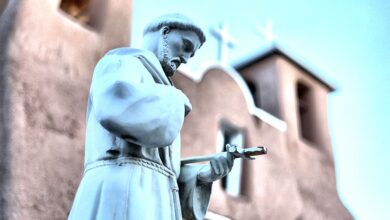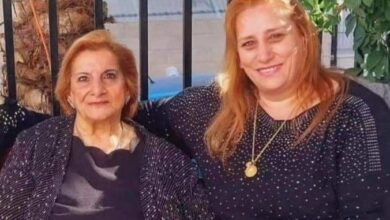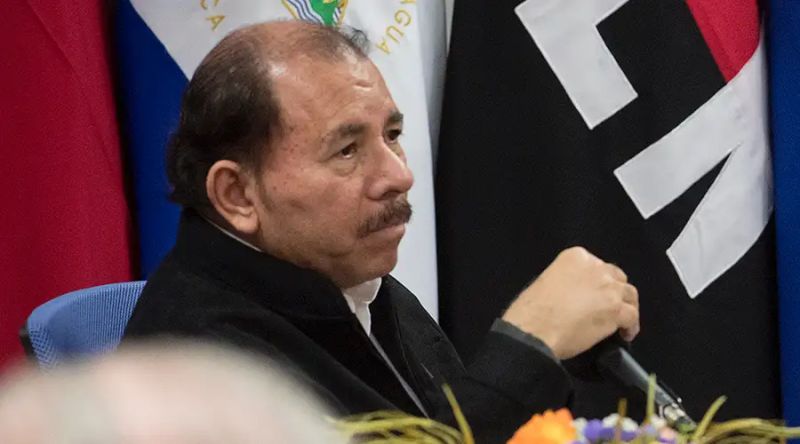Franciscan friar in Syria becomes bishop of Latin-rite Catholics in Aleppo
 The new Bishop Hanna Jallouf, OFM, walks down the center aisle of St. Francis Church in Aleppo, Syrian, after his episcopal ordination, Sept. 17, 2023. / Credit: Photo courtesy of TAWK CENTRE
The new Bishop Hanna Jallouf, OFM, walks down the center aisle of St. Francis Church in Aleppo, Syrian, after his episcopal ordination, Sept. 17, 2023. / Credit: Photo courtesy of TAWK CENTRE Jerusalem, Sep 18, 2023 / 14:23 pm (CNA).
A new chapter has begun in the history of the Catholic Church in Syria. For the first time, one of its own sons has become bishop of the Latin-rite Catholics in Aleppo, in a country where “the disciples were first called Christians” (Acts 11:26).
On Sunday, Sept. 17, Father Hanna Jallouf, OFM, was ordained a bishop and took on the role of apostolic vicar of Aleppo for the Latins. The apostolic vicar performs the same functions as a diocesan bishop but governs in a territory that, for specific reasons, has not yet been established as a diocese.

“I was not expecting this appointment,” the new bishop told CNA. “I was totally absorbed by all the commitments and difficulties we were facing after the earthquake. But the Lord decided to call me for another mission. I was hesitant to accept; it was hard for me to leave my people. I prayed, and I felt the Lord saying to me, ‘This people is my people, this flock is my flock, it is not yours. And I want you for another mission.’ So, after praying, I accepted my appointment.”

Jallouf was born 71 years ago in Knayeh, a Christian village in the northwest part of Syria, in the province of Idlib, the last stronghold of anti-government Islamist rebels who have controlled the area since the beginning of the civil war in 2011. This land, already scarred by conflict, was one of the areas hardest hit by the violent earthquake that struck Syria and Turkey in February. It was here that Jallouf’s vocation was born.
“In Syria, almost all the parishes are entrusted to the Franciscans. I grew up with them,” Jallouf told CNA. “In the third grade, I met Father Ibrahim Younes. I went with him to visit the sick, and I saw with how much love, courage, and tenderness he attended to their needs. So I said to myself: Why don’t I become a Franciscan as well?”
Jallouf joined the Franciscans of the Custody of the Holy Land, holding various positions before returning to Knayeh in 2001 as a parish priest. Since then, he has stayed put, becoming a point of reference for his people — not only for their immediate problems but also for keeping alive a faith and hope that war has sorely put to the test. He witnessed the outbreak of the conflict and the arrival of various groups of anti-government militants.
“At the beginning, it was a very bloody uprising. Many Christians were killed,” he said. “But our testimony as Christians changed everything. The Lord said, ‘Love your enemies.’ When the rebels saw that we didn‘t confront them with weapons, that we loved them despite everything they had done, then their behavior changed. In 2014, I was kidnapped and imprisoned. Today, they send a delegation to congratulate me on my appointment.”
The holy Mass for Jallouf’s episcopal ordination was celebrated at the Latin Church of San Francesco in Aleppo and was presided over by Cardinal-elect Claudio Gugerotti, prefect of the Vatican‘s Dicastery for the Eastern Churches. Cardinal Mario Zenari, the apostolic nuncio in Syria, as well as the Latin patriarch of Jerusalem, Pierbattista Pizzaballa, who will be made a cardinal in the upcoming consistory, concelebrated the Mass, both laying their hands on the new bishop for his consecration. Jallouf has a special relationship with Pizzaballa, who was his direct superior during his long tenure as custodian of the Holy Land (2004–2016).
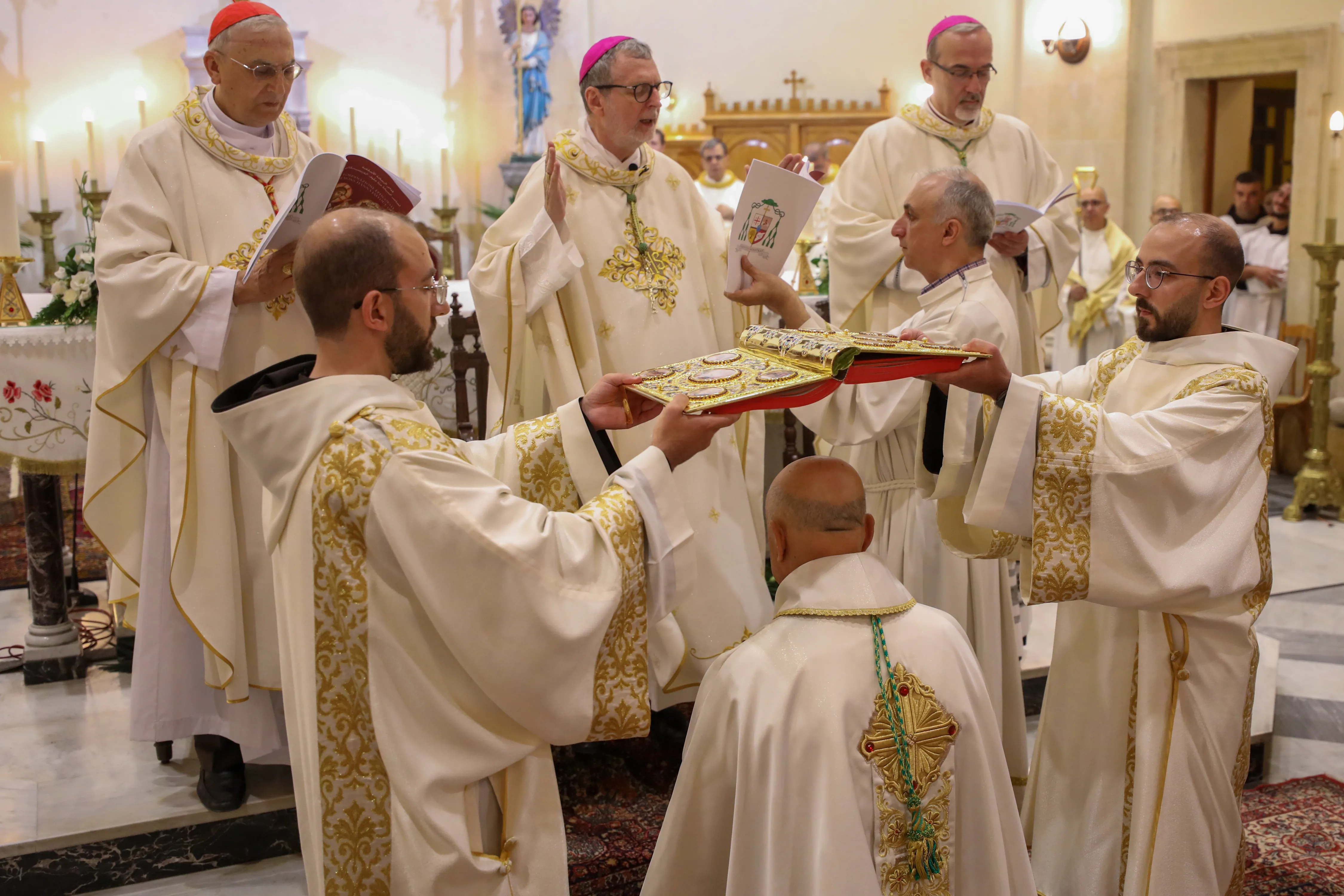
The current custos of the Holy Land, Father Francesco Patton, and the vicar, Father Ibrahim Faltas, as well as Bishop César Essayan, the apostolic vicar of Beirut, Lebanon, were also at the Mass.
“Dear Father Hanna,” Gugerotti said in his homily, “it is for these people, for these concrete faces, that you are ordained a bishop today. You have shown yourself to be a good shepherd. You have not left your flock alone, even when it meant to put your life in danger. God has made you a symbol for the entire Syrian people. It is really possible to spend our lives for the men and women whom the Lord places beside us.”
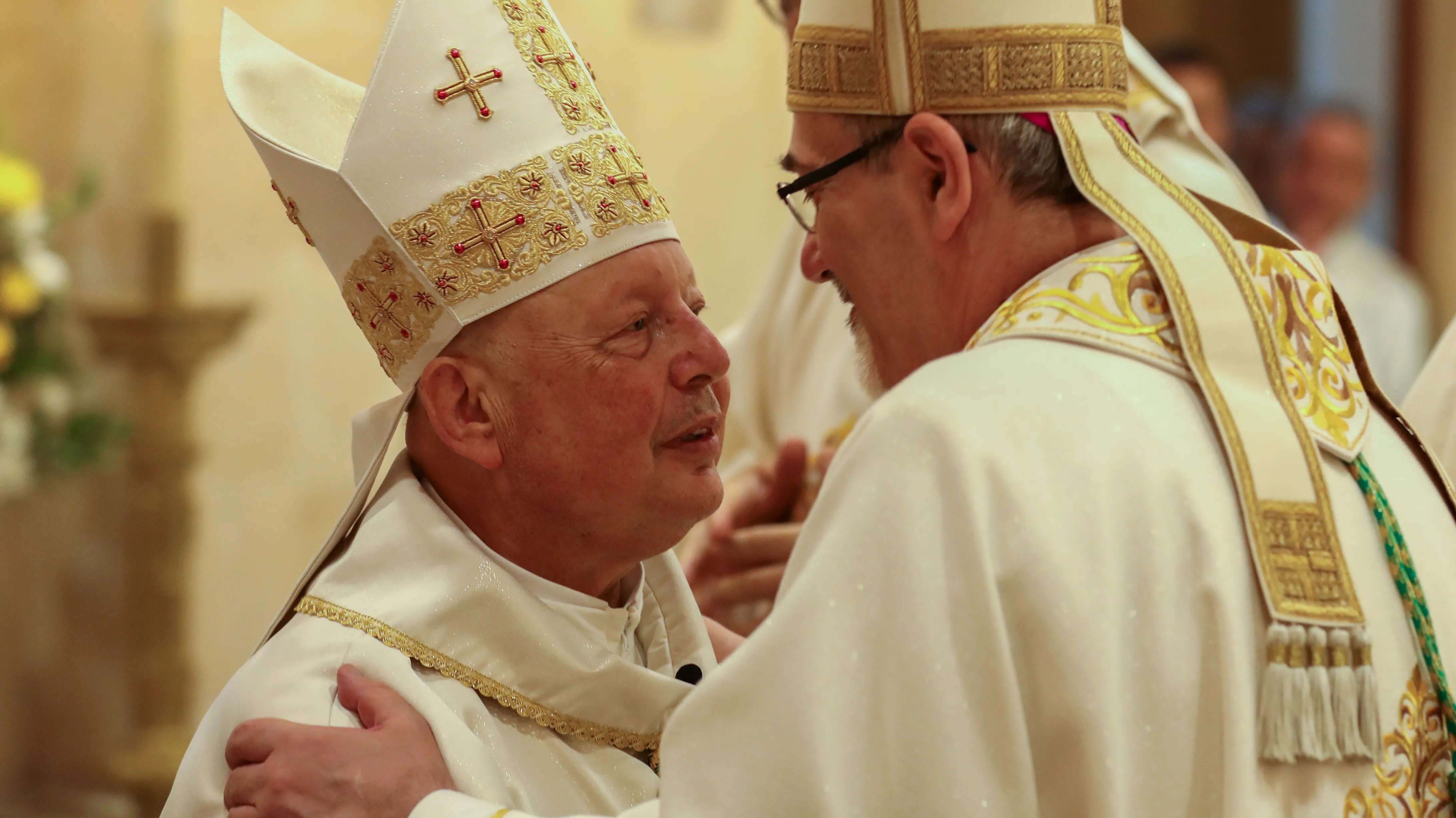
Jallouf was ordained on an important day for the Franciscans — the feast of the Stigmata of St. Francis of Assisi. On Sept. 17, 1224, while praying on Mount La Verna in Italy, St. Francis saw a seraphim and received the same wounds as Jesus crucified in his body. “I chose this date for my ordination because it is the feast of the stigmata of St. Francis,” Jallouf told CNA. “I pray that the blood of Christ heals war-torn Syria, giving it a holy and just peace and salvation.”
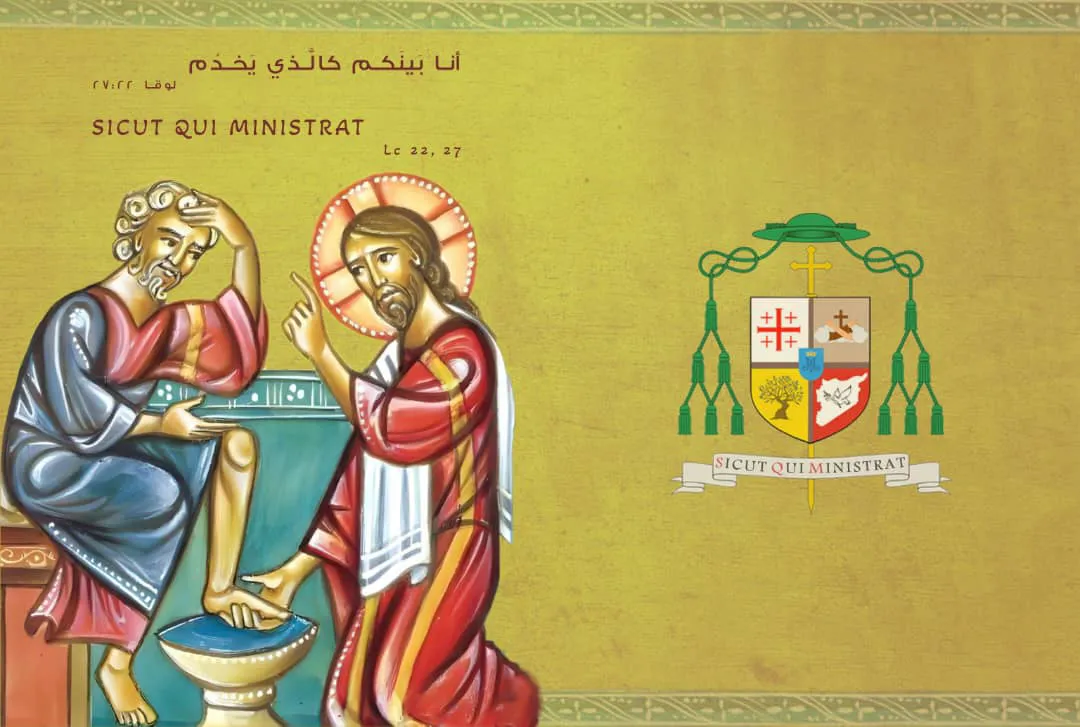
The new bishop’s words convey his love for his land, a love he wanted to express in the motto and coat of arms he chose, as every bishop does. These two elements of heraldic tradition identify the spirit with which the bishop undertakes his mission and visually recall the origins and territory from which he comes.
“As my motto, I chose ‘Sicut qui ministrat’: ‘As one who serves’ (Lk 22:27). These are the words the Lord spoke to his disciples during the Last Supper.” The coat of arms is surmounted by the cross “because the cross is our glory.”

The shield is divided into four fields. In the upper part, there are symbols indicating Jallouf’s belonging to the Franciscan order and the Custody of the Holy Land. In the lower part are references to his homeland: on the right, a map of Syria in red, the color of blood, with a dove in the center, a symbol of peace; on the left, an olive tree, a symbol of the province of Idlib. In the center, at the intersection of the four fields, is the emblem of Mary (the M in a blue field) “to place everything under her protection.”
“Perhaps the Lord chose me because I am one of the few respected by both sides still fighting in Syria today: on one side, the official government, on the other, the rebels,” he said. “Perhaps I can help with the process of reconciliation. But it is not just my personal mission; it is also my mission as a Franciscan.” He recalled the meeting between St. Francis and Sultan Malik al-Kamil in Damietta, Egypt, more than 800 years ago. “Since then, the Franciscans have safeguarded both the holy places and the people who visit them and those who live there. This is the first challenge: to give courage to our ‘children.’”
The second challenge, he said, is to refocus on priestly and religious vocations after years of living each day “in emergency mode.”
“I want our religious and priests not to forget that their responsibility is not just social but above all spiritual,” he said. “The first thing I will do is visit all the parishes and congregations working in the area, to learn about their needs and see how we can move forward.”

Work and prayer are two dimensions that Jallouf draws from Franciscan spirituality. “St. Francis always had in mind the unity between the dimension of work and that of prayer. These are two things that must go hand in hand. This is the way to save Syria and bear witness to our faith in the world,” Jallouf told CNA.
The war has radically transformed the face of the Church in Syria. Before 2011, “Christians made up almost 17% of the Syrian population. Today, perhaps, they constitute only 3%-4%.” It is a wounded Church, but still alive, with no shortage of surprises.
“Always, in the mud, there is a little gold,” the new bishop said. “Even in war, the Lord sends vocations. From Knayeh alone, there are five young people preparing for the priesthood in the Franciscan community. We thank the Lord that in the midst of war, with all its evil, he has brought forth vocations.”
These new vocations are small seeds of hope for Syria. They’re also an answer to a prayer that Jallouf loves and prayed in the weeks before his ordination: “O Lord of mercy, who are with us in our tribulations, we pray to you to save us.”


